1. What is a conditional green card?
A conditional green card is a temporary green card valid for two years. One year and nine months after it is issued, a three-month window opens up, during which an individual must file another application (I-829) with the U.S. Citizenship and Immigration Services (USCIS) to verify that all of the funds have been invested and employment has been created in a regional center, whether directly or indirectly. When the conditional resident status has been lifted, full resident status is granted and a permanent green card is issued.
2. What is the difference between conditional and unconditional green cards?
Under the regulations, an investor who is approved for the EB-5 immigrant visa receives a conditional green card, which must be reissued after two years, subject to removal of conditions. Otherwise, the two cards offer the same rights and privileges.
3. What are the benefits of the green card?
Ability to travel in and out of the U.S with respect to residency requirements.
Ability to sponsor their spouse and unmarried children under 21 to obtain U.S. residency. Family members are able to retain the green card even if the sponsor dies.
Right to apply to government-sponsored financial aid for education.
The U.S. has internationally recognized schools and universities for primary, secondary, and higher education studies. As a U.S. resident, the green card holder can benefit from lower tuition costs.
Students may work in the U.S. while they attend college, graduate, and postgraduate school. Upon graduating the individual is able to continue working in the U.S.
Ability to work in any company located in the U.S. without the need of an employer sponsor or requirements such as job function or hours.
Ability to start a business in the U.S.
The cost of living in the U.S. is less than most large industrial nations. Consumer goods, services, and housing are significantly less expensive than comparable services and goods in most other countries.
The U.S. provides many financial, social, and education entitlements such as public schools, health, and medical attention, social security, and education.
Green card holders have the ability to apply for U.S. citizenship.
The unrestricted permanent residency requires no renewal or re-application. Other U.S. non- immigrant visas, such as E-2 and H, may never result in permanent residency, have time limits and require additional filings.
4. Who receives the green card?
The investors, their spouses, and any unmarried children under the age of 21 are eligible to receive permanent green cards. It is possible for adopted children to be included in the family.
Upon approval, you will receive a form evidencing approval and a travel document. You should also receive a temporary green card in the mail. Once, your green card arrives, look at it carefully to ensure the information is correct. Your green card is your most important travel and identification document.

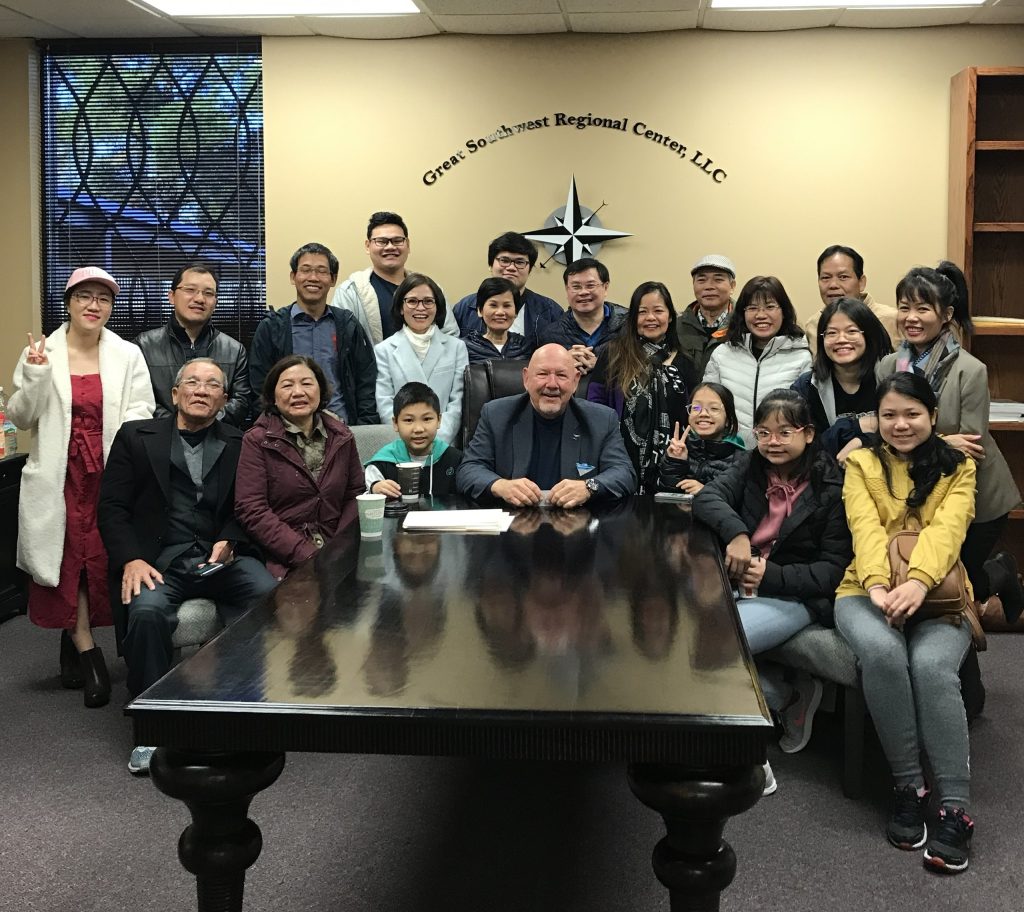
 information@eb5southwest.com
information@eb5southwest.com



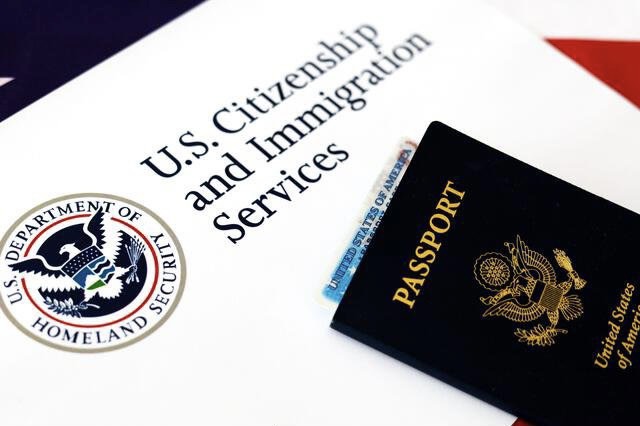
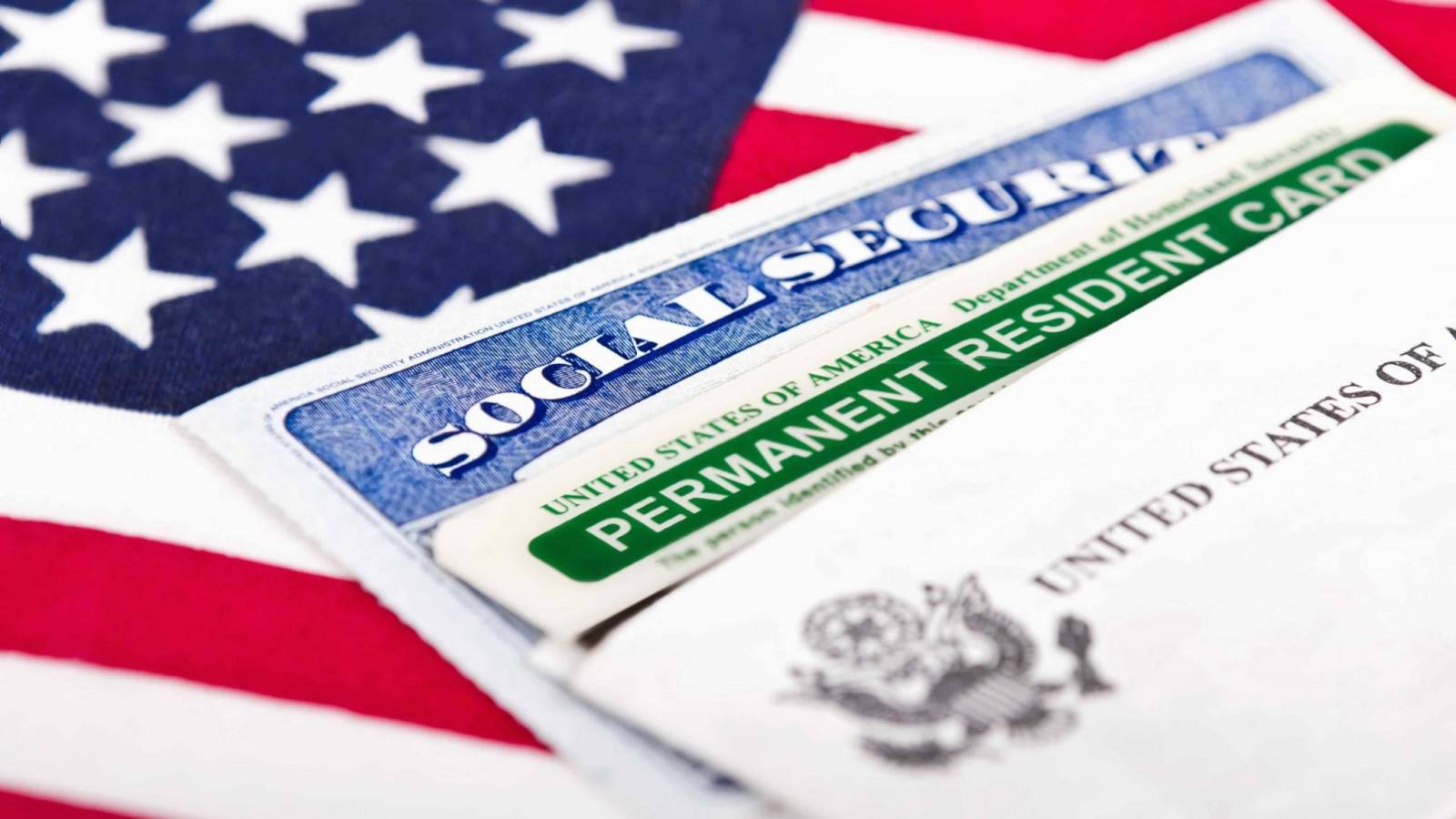





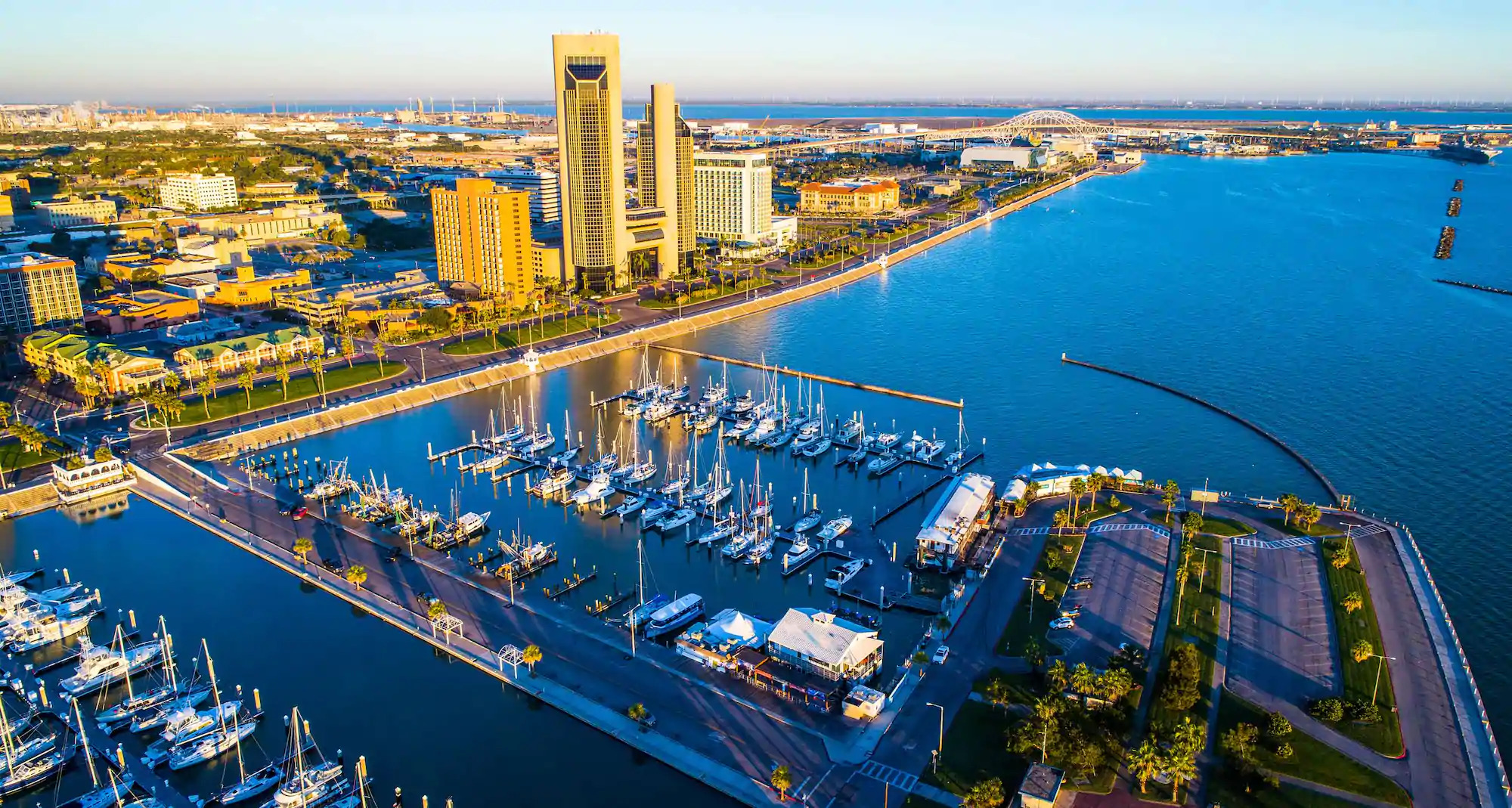
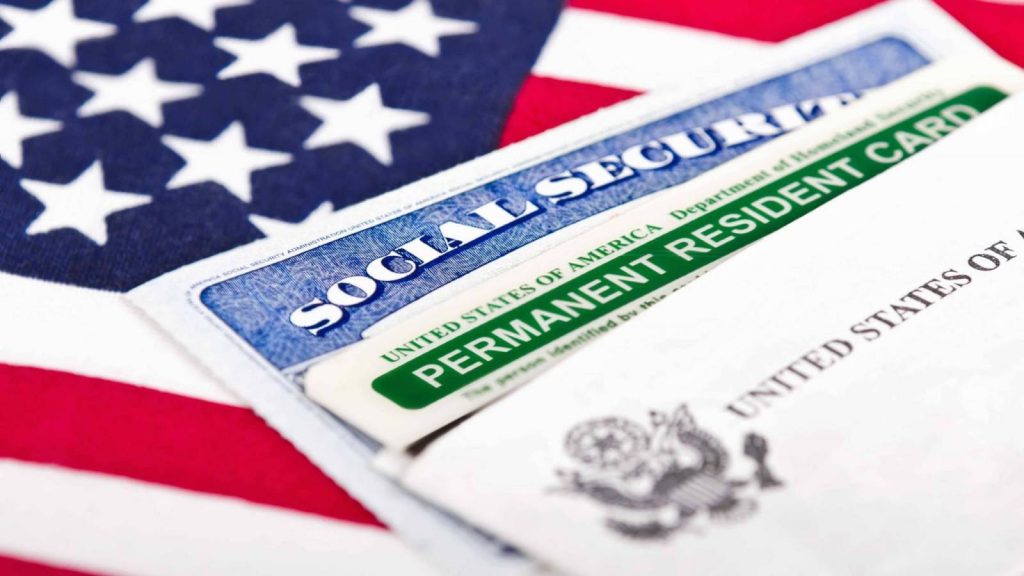





 Porto, Bồ Đào Nha
Porto, Bồ Đào Nha  Căn hộ
Căn hộ  Đang xây dựng
Đang xây dựng 





